The naira is on trial, the debate seems to be unending. Some say devalue, others beg to differ; some are facing the heat, others are reaping the fruits. What exactly is in the best interest of the people?
Staying true to its promise “to deliver knowledge-driven journalism in the pursuit of Nigeria’s progress”, TheCable held a policy dialogue in Lagos on Thursday. It was worth the while because we learnt seven things from it:
NIGERIA’S RESERVES CAN HIT ZERO IN 10 MONTHS
According to CBN figures quoted by Adams Oshiomhole, governor of Edo state, Nigeria’s reserves can hit zero in less than two years if we, as Nigerians, do not reorder our consumption pattern and curb our appetite for foreign goods.
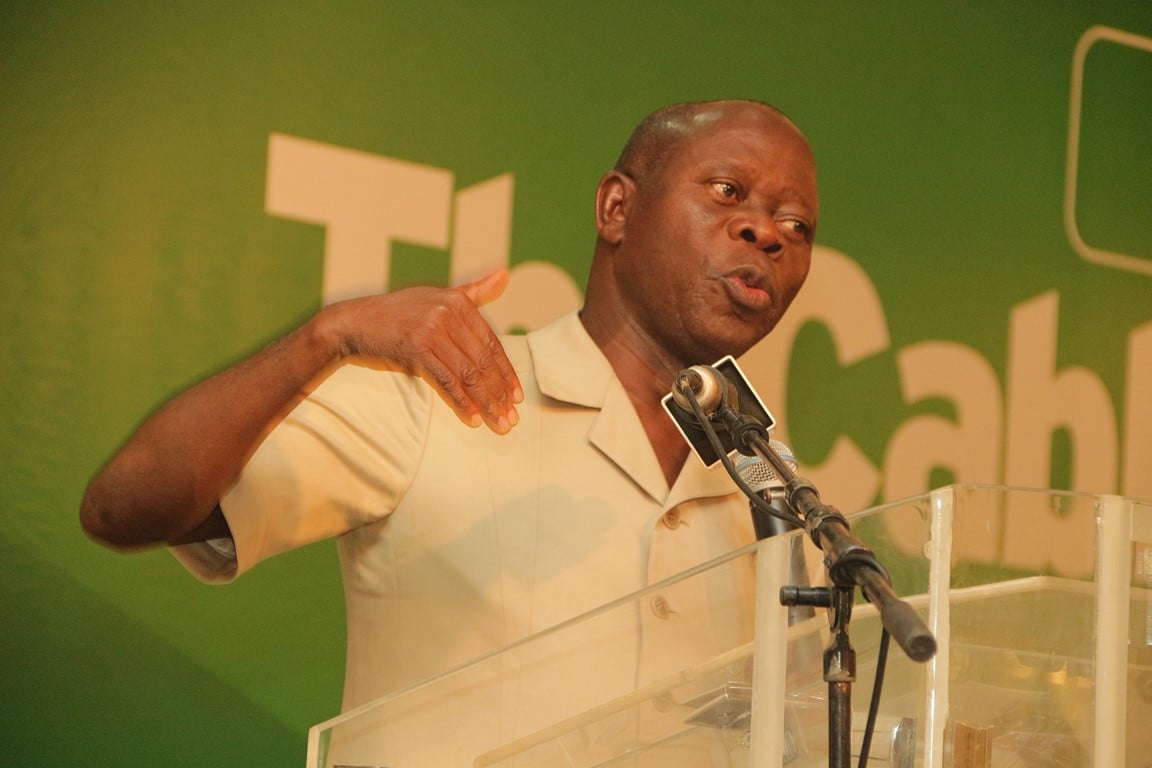
“As we speak, I understand that our forex inflow is under $1 billion. If you’re earning less than one billion, and your outflow remains at more than $4 billion, obviously, all other things being equal, I imagine that in one year, our foreign reserves would be zero”.
Advertisement
Going by these figures, Nigeria’s reserves would be down to zero in just 10 months, all things being equal.
BUHARI DOESN’T INTERFERE WITH CBN’S DECISION-MAKING
Moses Tule, director of the CBN monetary policy department, said President Muhammadu Buhari does not interfere with the decisions of the apex bank.
Advertisement
“When the president said I would not kill the naira, he was simply affirming and agreeing with the position taken by the central bank,” Tule said.
“With due respect, since may last year, the government has never interfered in the policy making machinery of the central bank. The instrument autonomy of the central bank remains very valid.”
MINIMUM WAGE WAS “N50,000” IN 1981
According to Issa Aremu, former vice president of the Nigerian Labour Congress (NLC), minimum wage of the Nigerian worker was worth N50,000 in 1981.
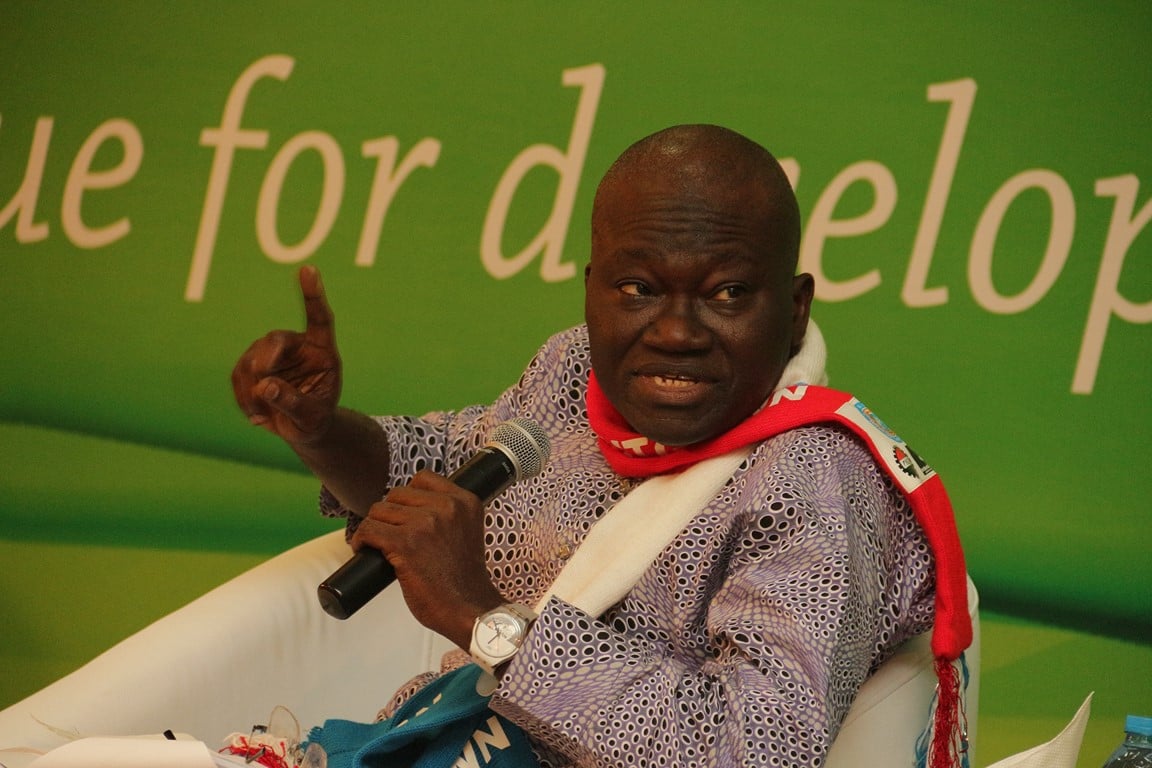
“The first minimum wage was N125 in 1981, at the exchange rate where naira was about twice the value dollar. That came to $250 in nominal terms today; multiplied by N200, that comes to N50,000.”
Advertisement
He revealed that NLC was preparing a document to request as much as N48,000 as minimum wage very soon.
DEVALUATION WAS FIRST TRIGGERED BY IMF
According to Oshiomhole, devaluation, as an economic policy, was triggered in the 1980s by the International Monetary Fund (IMF)
“The first time this issue arose in national debate, it wasn’t triggered by the people, it wasn’t triggered by domestic forces, it was triggered by the IMF in the 1980s.
“We had a whole national commission, when Professor Olu Falae… he wasn’t a professor, but had managed a merchant bank, and we were lectured about the beauty of devaluation.”
Advertisement
IMF holds the same stance till date.
Oshiomhole believes that the poor are the best economists in Nigeria. He questions how the poor plan their budgets on a meagre N18,000 minimum wage, without deficit.
Advertisement
He also believes that the “tyranny of experts is as dangerous as the ignorance of the poor”.
728 BUSINESSES ARE AFFECTED BY CBN POLICY
Muda Yusuf, president of the Lagos Chamber of Commerce and Industry (LCCI), represented by Vincent Nwani, said the 43 items banned by CBN from sourcing foreign exchange, affects 728 businesses.
Advertisement
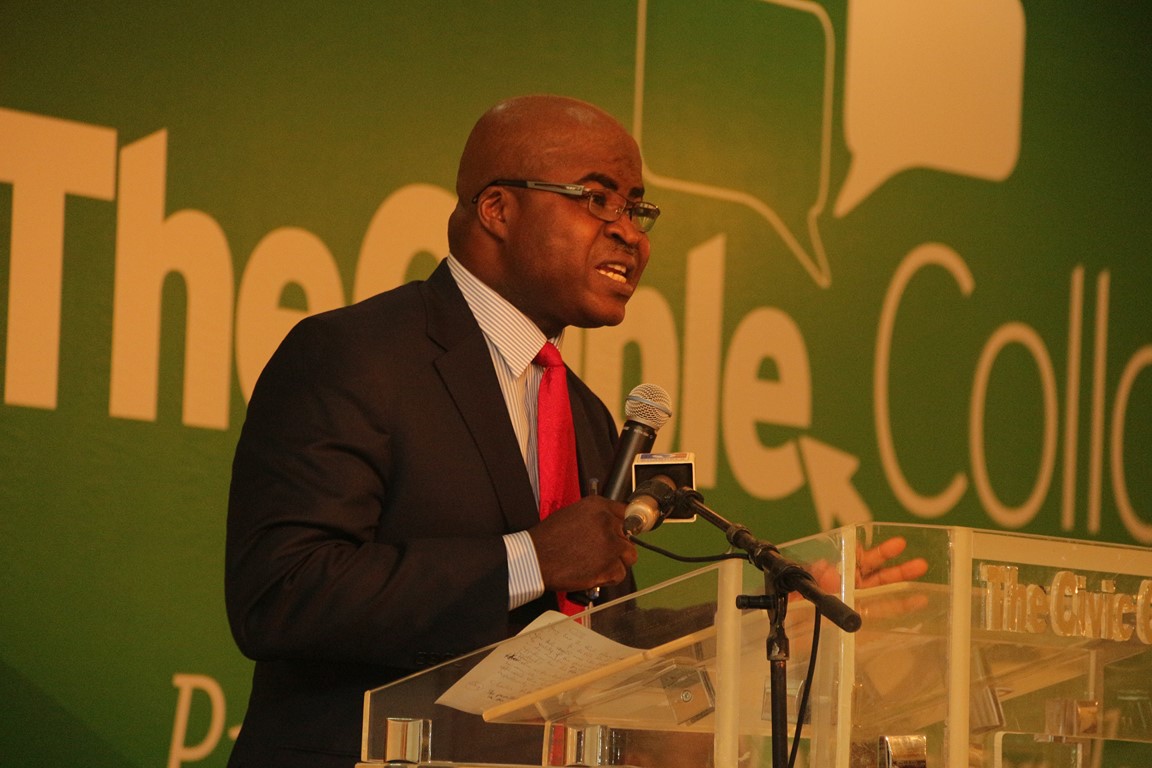
“The 43 items that were banned by the CBN from accessing forex from official sources, to us in the chamber is like 728 lines of product. To them, they see it as 43 items,” Yusuf said.
“We don’t subscribe to importing toothpick, tomato paste and all of that but there are key manufacturing items we are looking at.
Advertisement
“Out of the 43, we brought about 12 items to them that we don’t have the capacity to meet this. For example, everybody knows that Nigerian is rich in palm oil, but the local demand capacity is 1,800 metric tonnes per annum.
“Today the domestic production is just 600 metric tonnes. You need about five to eight years for the best seed of palm oil to yield; we demanded for some lag, but this is not happening.”
CBN RISKING 80,000 JOBS IN MANUFACTURING SECTOR
“The challenge we have is that, while we in the business love risk very much, what we hate is uncertainty. We don’t deal with uncertainty. You cannot land, you cannot take off. That is what the CBN policy has done.
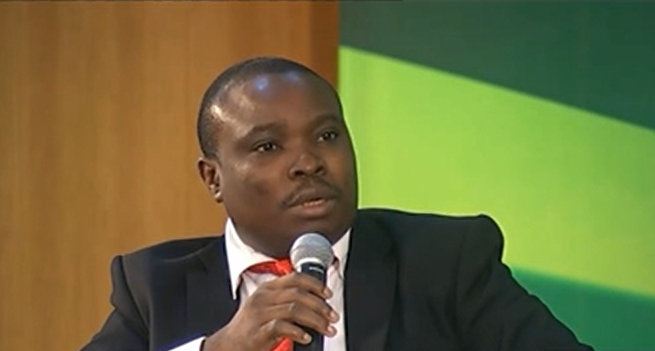
“The trial and error policy, go front go back. Over the last three weeks, we have seen some of the reversals,” LCCI said, referring to policies on domiciliary accounts.
“The major problem we have is access, even the goods not listed in the almighty 43. Most of the materials that are not in the 43 items, our members cannot even source dollars to fund the ones that are not on the list, the legitimate items.”
“I can tell you that about 80,000 jobs are at risk in the manufacturing sector.”
DEVALUATION NOT THE SOLUTION
Though the all discussants at the colloquium were for and against devaluation, they all agreed that devaluation is not the permanent solution to Nigeria’s economic problems.
Bismarck Rewane, CEO Financial Derivatives, said “the system is being abused and corrupted”, adding that some of the people supporting the policy “want the policy to remain the same because they can continue to abuse and steal the money under the guise that they are protecting the currency”.
He concludes that Nigeria should “do something and have a policy,” calling for a removal of the structures that encourages round-tripping.
Tule concluded that devaluation is sound economics, if the fundamentals are right. He said devaluation may come one day but must be based on the right economic foundation.
Aremu said devaluation is not good for the Nigerian worker, as it would only further erode the value of salaries and wages.
Though LCCI does not subscribe to CBN’s banning of 12 of the 43 items, it believes that a strong manufacturing policy addressing manufacturing key fundamentals, without recurrent uncertainties, will help the Nigerian economy and make it export dependent.
Frank Aigbogun, CEO and publisher of Business Day newspaper, said his concern was how to grow forex inflow to Nigeria – with or without oil.
1 comments

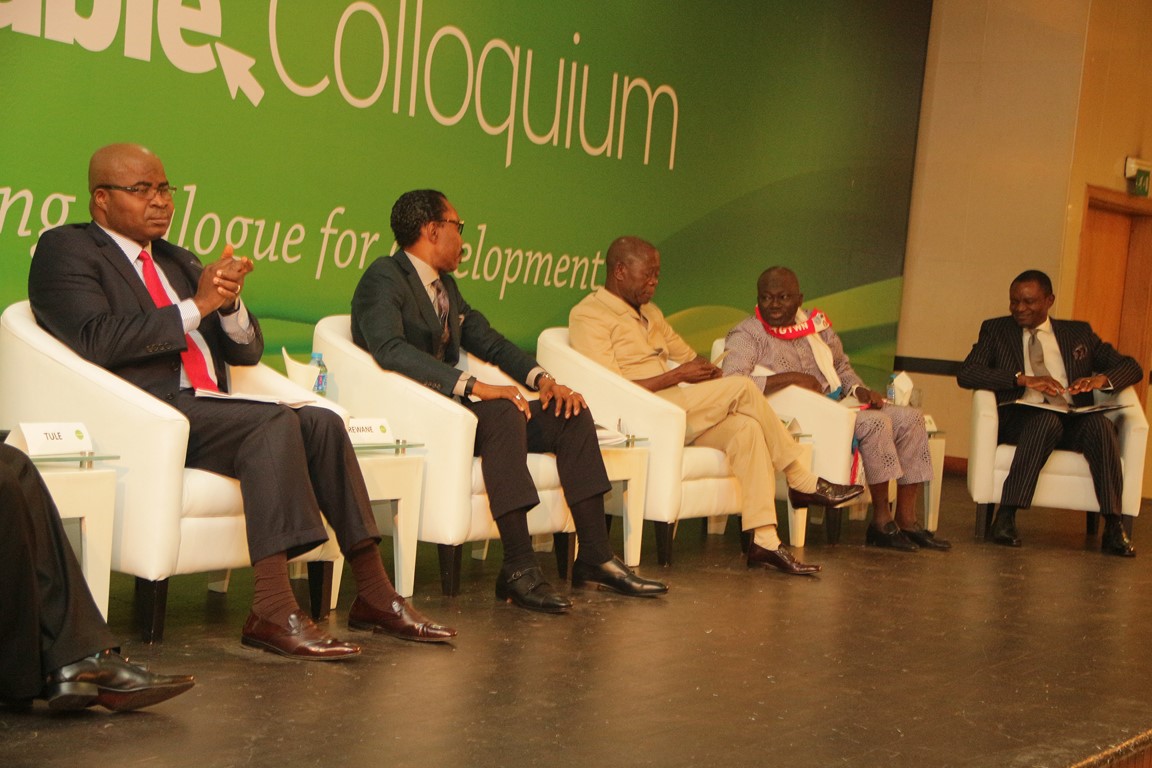


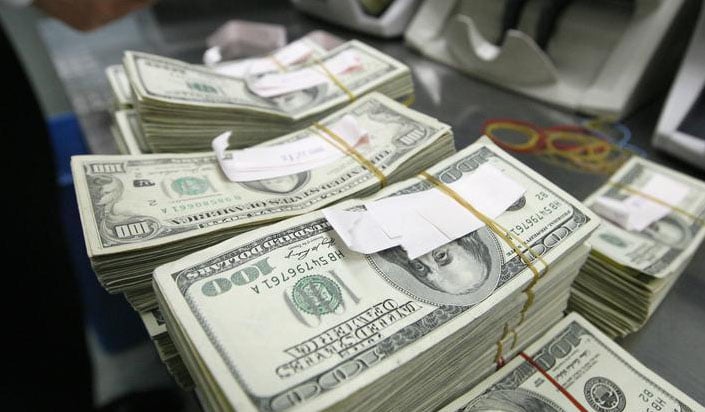
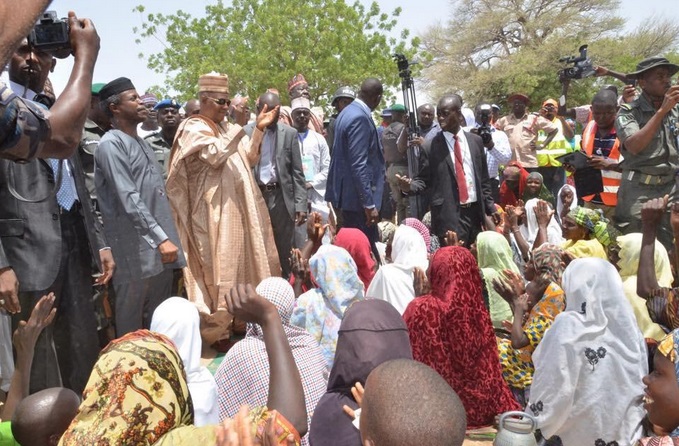

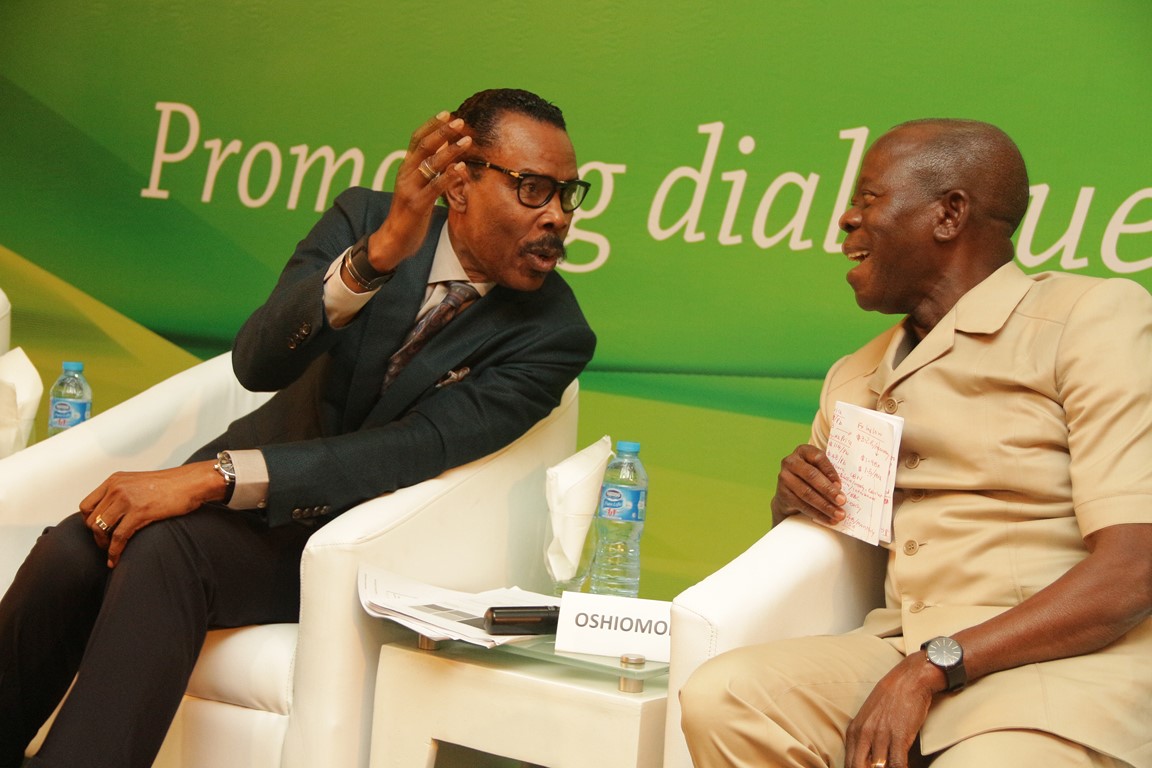
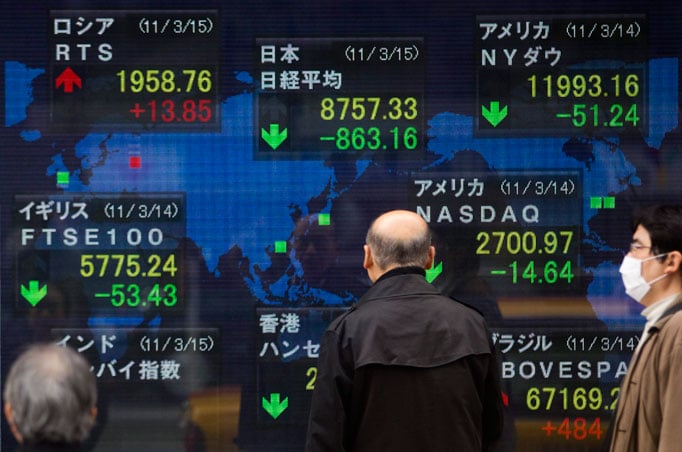
Devaluation at this point in time. Will be il adviced given the the current predicament we find ourselves in. We import almost everything and export majorly oil with a barrel now cheaper than a bucket of chicken! Even if we don’t I don’t foresee our troubles geting anybetter. Its time to seriously look inwards,develop and grow the local and informal economy,refine our oil,and cut down on unnecessary imports.